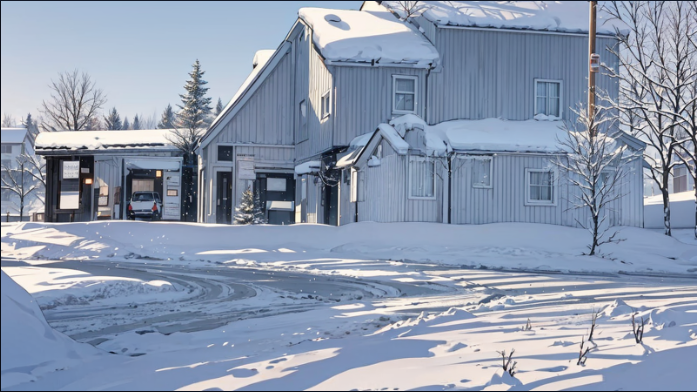How Does a Diesel Heater Work? Understanding the Mechanics Behind Your Heating System

As winter approaches, many people begin to think about ways to keep their homes and businesses warm. One popular option is a diesel heater, which uses diesel fuel to produce heat. But how exactly does a diesel heater work? In this article, we will explore the mechanics behind this heating system and explain how it keeps you warm.
First, let's take a look at the components of a diesel heater. The main parts include the fuel tank, the burner, the heat exchanger, the fan, and the control panel. The fuel tank stores the diesel fuel, which is pumped to the burner by a fuel pump. The burner then ignites the fuel, creating a flame that heats up the heat exchanger. The fan blows air over the heat exchanger, warming it up and distributing the warm air throughout the room. The control panel allows you to adjust the temperature and other settings.
Now, let's dive deeper into how each of these components works together to create heat. The fuel pump draws diesel fuel from the tank and delivers it to the burner. The burner uses a nozzle to spray the fuel into a combustion chamber, where it mixes with air and ignites. This creates a flame that heats up a metal plate called the heat exchanger.
The heat exchanger is a critical component of the diesel heater. It is designed to transfer heat from the burner to the air that will be distributed throughout the room. The exchanger is made of metal, usually stainless steel, and has a series of fins or tubes that increase its surface area. As the hot gases from the burner flow over the fins, they transfer heat to the metal. The fan then blows air over the exchanger, which warms up the air and distributes it throughout the room.
The control panel is where you can adjust the temperature and other settings of the diesel heater. Most heaters have a thermostat that allows you to set the desired temperature. Once the temperature is set, the control panel will turn the burner on and off as needed to maintain the temperature. Some heaters also have additional features, such as a timer or a remote control.
One of the advantages of a diesel heater is that it is very efficient. Because diesel fuel has a higher energy density than other fuels, such as propane or natural gas, it can produce more heat per unit of fuel. Additionally, diesel heaters are often more durable and longer-lasting than other types of heaters. They can also be used in a variety of settings, including homes, offices, and warehouses.
However, there are some downsides to diesel heaters as well. One is that they can be more expensive to install than other types of heaters. They also require regular maintenance, including cleaning the burner and heat exchanger, replacing filters, and checking the fuel lines. Finally, diesel heaters can produce emissions, which can be a concern in indoor spaces. It is important to make sure that your heater is properly vented to avoid any health risks.
In conclusion, a diesel heater is a popular and effective way to heat your home or business. By understanding the mechanics behind this heating system, you can make informed decisions about how to keep your space warm and comfortable. Whether you choose a diesel heater or another type of heating system, it is important to consider factors such as efficiency, durability, and maintenance requirements. With the right heating system in place, you can enjoy a warm and cozy winter season.







